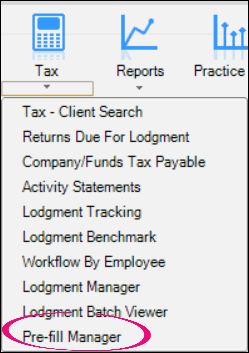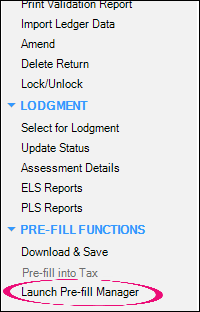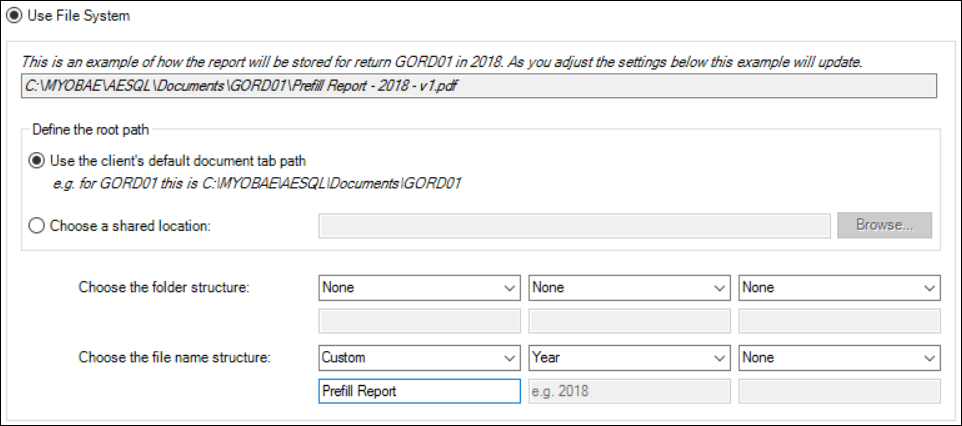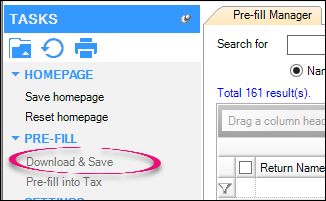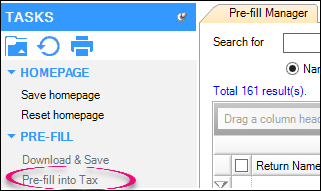Getting started with Tax pre-fill
This support note applies to:
AO Tax (AU)
AE Tax Series 6 & 8 (AU)
AE Tax (AU)
Article ID: 39197
If you use MYOB Tax with PLS for lodgment, you can pre-fill your client's tax return from an ATO report.
This works for Individual Tax returns from 2017 onwards.
Follow these four simple procedures to get up and running.


